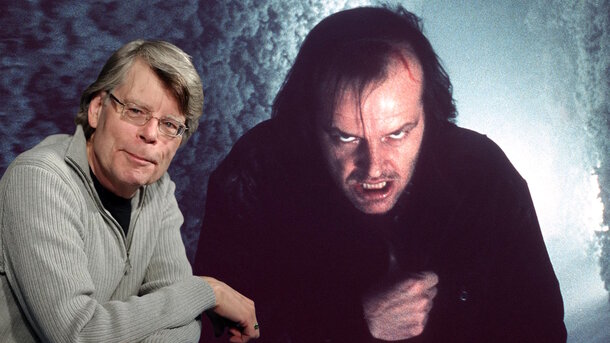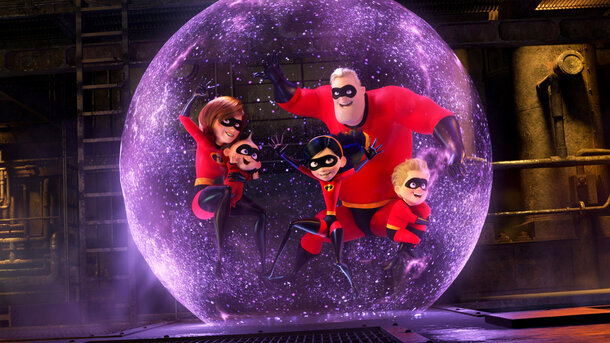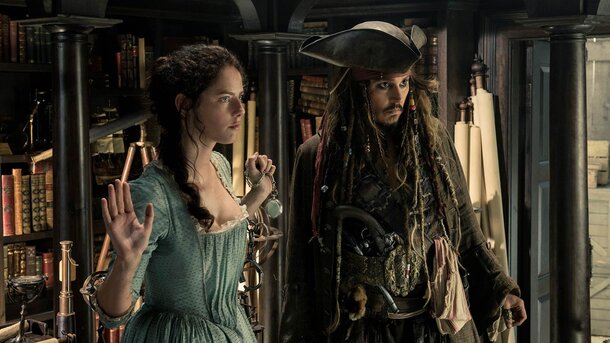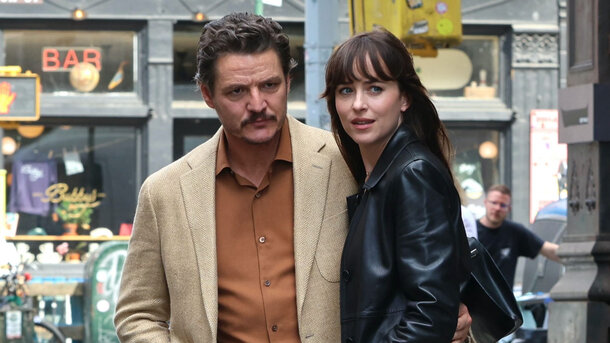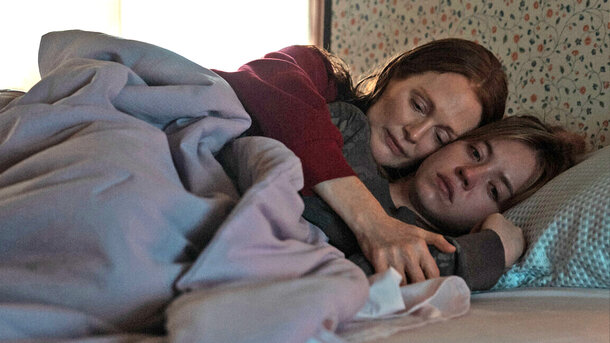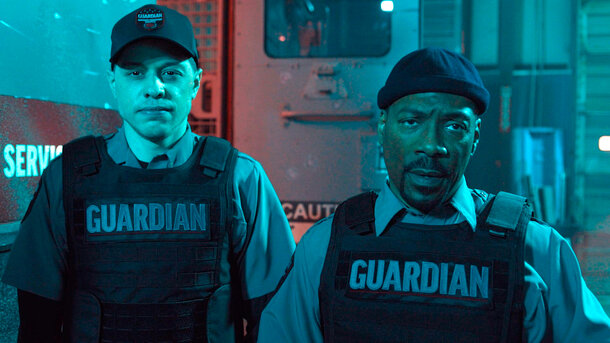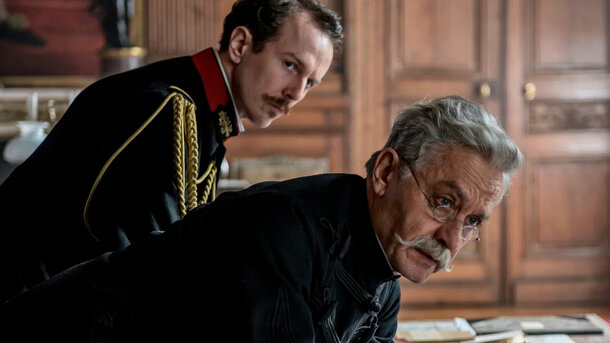When renowned directors decide to adapt novels by equally famous writers, creative differences are often inevitable and sometimes an essential part of the process. This was the case with the making of the iconic film The Shining, where Stephen King, the author of the novel, disagreed with several key aspects of the adaptation. In this article, we explore what the master himself was dissatisfied with.
Psychological Depth of the Characters
King believed that while Kubrick's film was visually impressive, it failed to capture the psychological depth of the characters found in the original novel. In the book, much of the focus is on Jack Torrance's internal conflict, his struggle with alcoholism, and his psychological issues, which create a deeper emotional connection with the characters. Kubrick, on the other hand, emphasised visual effects and atmospheric tension, which made the film more abstract and superficial in terms of character psychology.
Changes in the Plot
Kubrick made significant changes to the storyline. For example, the film doesn’t explain the true nature of the Overlook Hotel and its supernatural forces, whereas the novel provides more detailed explanations of these elements. Kubrick's focus was more on the atmosphere of horror and isolation, which, according to King, disrupted the main aim of his novel — to showcase the destruction of a family and the internal struggle within it.
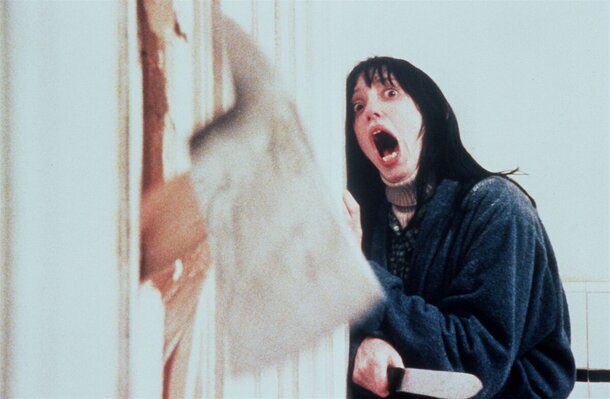
Jack Torrance’s Character
One of the most striking differences lies in the portrayal of Jack Torrance. In the novel, he is a more multifaceted character who gradually loses touch with reality while battling with himself. In Kubrick's film, however, the character is immediately more aggressive and less sympathetic, which could have influenced the audience’s perception.
Kubrick and King on the Ending
King was particularly disappointed with the changes made to the film’s ending. In the book, the Overlook Hotel explodes, symbolising the end of evil, and Jack dies in the blast, highlighting his journey towards redemption. Kubrick, however, left the film’s ending more ambiguous and mystical, which left King feeling dissatisfied.

Despite the criticism, Kubrick's film achieved cult status and became one of the most influential films in cinematic history, largely due to its visual innovations and Kubrick's mastery in creating psychological tension. Stephen King himself later made his own version of the story — the 1997 miniseries The Shining — which was more faithful to his book but was significantly less successful in terms of both critical reception and viewership.
